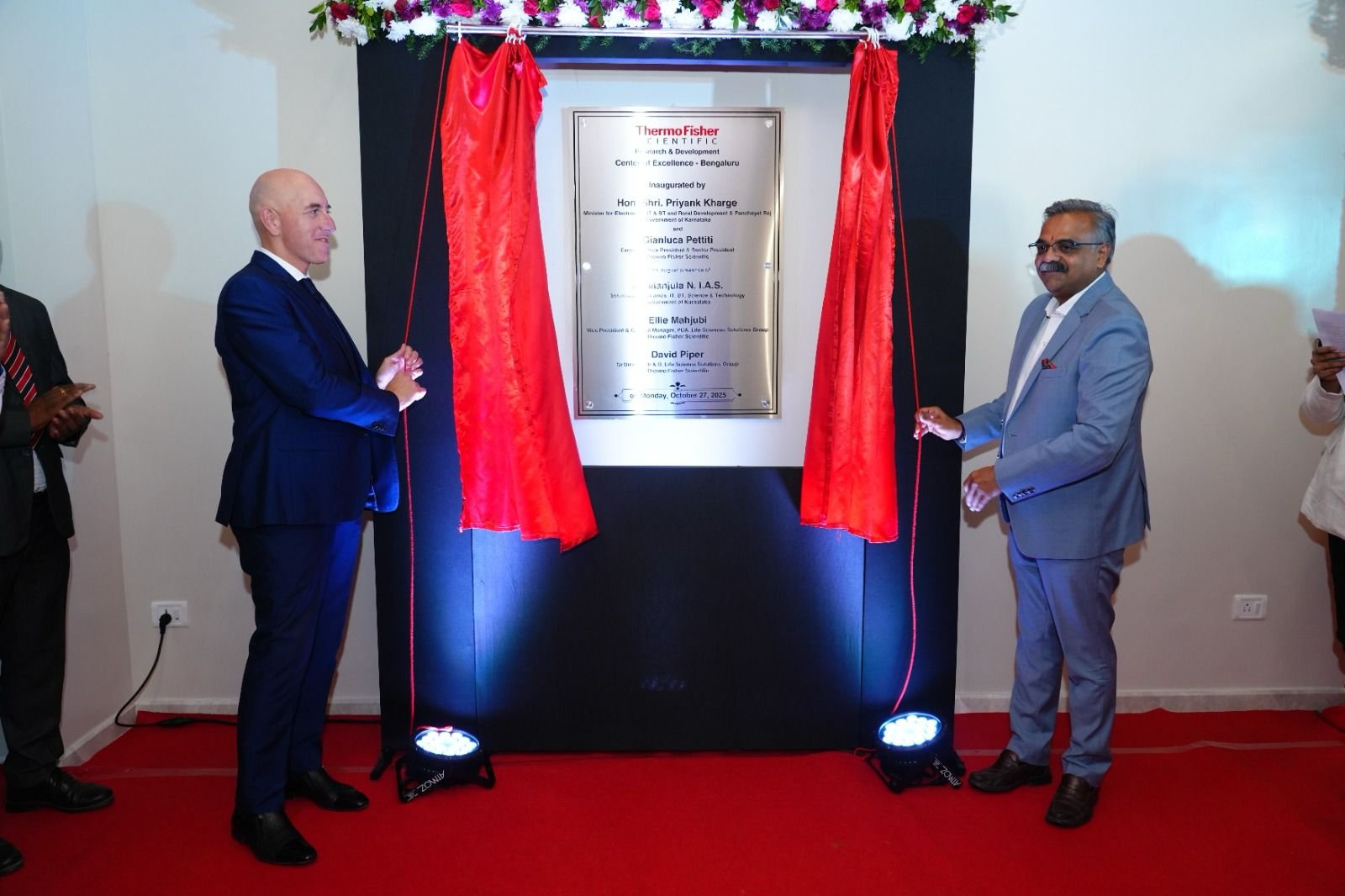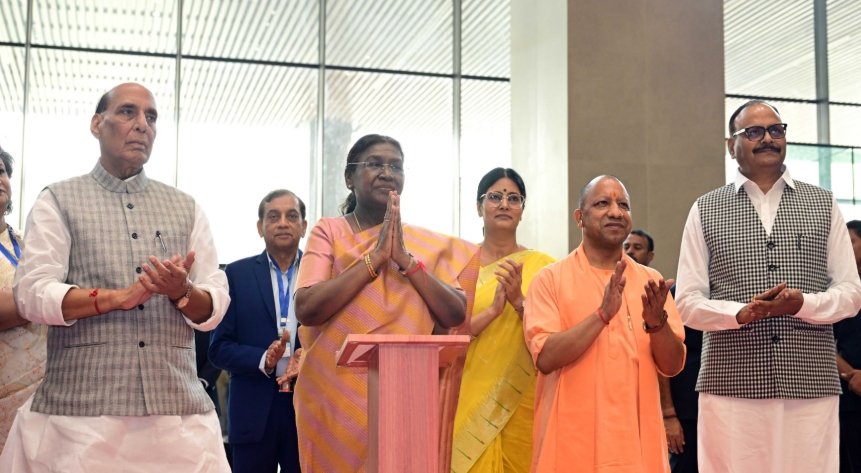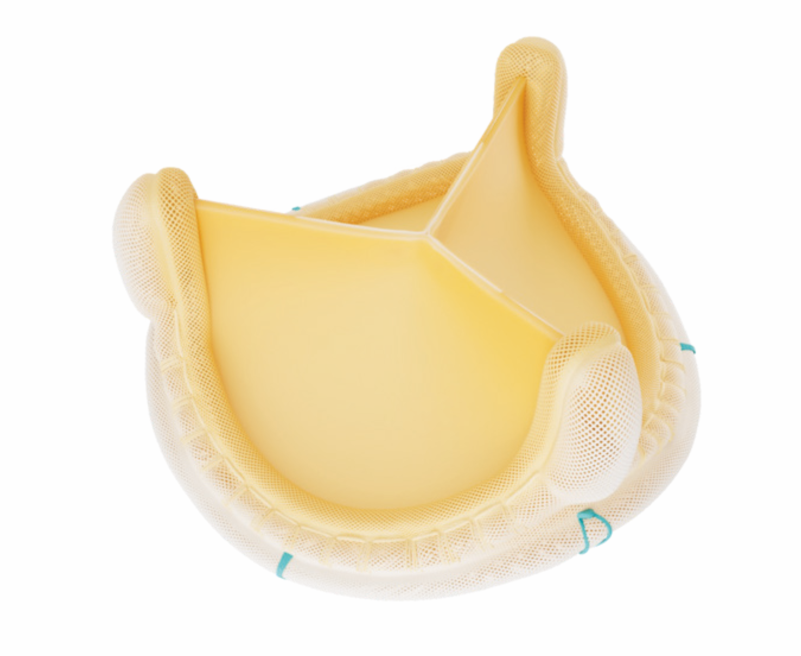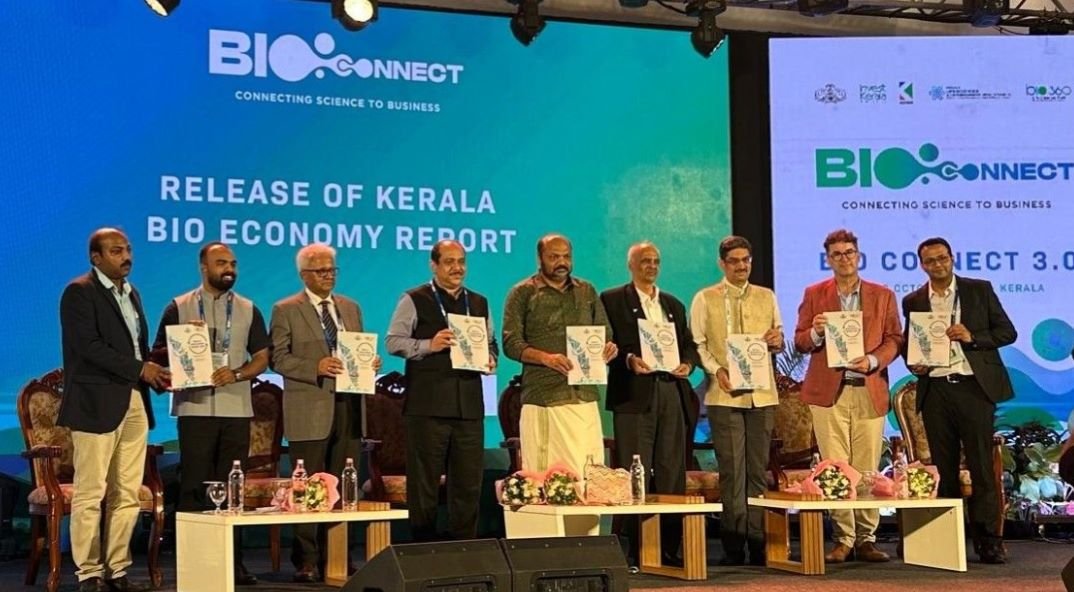Can pharma cold chain market sustain its growth spurt?
May 31, 2023 | Wednesday | Features | By Sanjiv Das
The pharma industry can heave a sigh of relief when it comes to advanced cold chain logistics deployed to transport temperature-sensitive drugs and vaccines, among others, within the stipulated time frame. Industry experts opine that aside from adopting technological innovations, overcoming certain challenges like a lack of skilled workforce and looking into regulatory compliance will prove to be a win-win situation for both the life sciences and cold chain logistic players. Let’s explore the present scenario and examine some measures that will address the concerns of this crucial industry.
Image credit: shutterstock
The pharma cold chain logistics market has an important role to play in India when it comes to transporting life-saving drugs, organs, vaccines, etc., especially to far-flung areas. India is a tropical country with unabated heat during most of the year, the cold chain logistics players ensure that deliveries are made well within the time and that too on certain occasions in refrigerated conditions.
Gone are the days when it was unthinkable to transport temperature-sensitive life-saving items due to tropical weather conditions. COVID-19 put the focus on the cold chain logistic players, especially when temperature-sensitive vaccines were required to be transported to healthcare centres across India and also to foreign countries.
India's healthcare cold chain logistics market size was valued at $1.02 million in 2022 and is expected to reach $1.29 million by 2030, at a CAGR of 3 per cent from 2023 to 2030, as per greyviews.com. Rising demand for pharmaceuticals that need optimum temperature for storage is boosting the market growth. Furthermore, continuous research and development will create new opportunities for the market in terms of storage, shelf-life and transportation.
Looking at these developments many leading logistics players such as Snowman Logistics, FedEx Express, Transys Global Forwarding, TCI Express, Gati Kausar India, Stellar Value Chain Solutions, Future Supply Chain Solutions, FleetX, Gubba Cold storage and DHL Express India have become active and making more inroads in the healthcare cold chain space.
Bengaluru-based Snowman Logistics, a group company of Gateway Distriparks, has state-of-the-art temperature-controlled warehousing facilities in prime locations like Mumbai, Chennai and Bengaluru coupled with integrated distribution solutions. The company has increased its cold chain segment pallet capacity from 90K to 1.30K pallets since 2017 and has a presence in 17 major cities and 43 warehouses pan India.
On the other hand Luxembourg-based B Medical Systems have made rapid strides in the last few years in terms of investments, building a solid distributor network and production of the most efficient cold chain solutions for the storage and transportation of vaccines, blood and its components and other biological. The company has focussed on introducing the most advanced cold chain equipment to the Indian market. The company’s Mundra facility can produce over 1,00,000 medical cold chain equipment annually.
There are plans to launch a new version of Refrigerated Vaccine Transport Vehicle (RVTV) for the Indian market. The company is looking to launch -80°C mobile freezers that can work even in cars.
Jesal Doshi, Deputy CEO, B Medical Systems mentions, “Technology adoption at scale is critical for building an efficient medical cold chain sector in the country. As medical cold chains deal with highly temperature-sensitive materials like vaccines, blood and its components, and other biological ingredients, poor temperature control can damage the molecular dynamics of many compounds and endanger lives. Thankfully, technologies like Artificial Intelligence, Machine Learning, the Internet of Things and Data Analytics enable the healthcare and medical devices sectors to serve people unimaginably.”
Similarly other global players such as FedEx Express, during the 2nd Annual Great Indian Biologics Festival 2023 held in Pune, showcased SenseAware M4, an advanced monitoring system that uses a multi-sensor device. It collects real-time data for critical shipments from the moment they are packed and picked up, to the time they are delivered. The device has an array of sensors, a FedEx-proprietary aeroplane mode, and the ability to operate inside and outside of FedEx transportation networks.
Suvendu Choudhury, Vice President, Operations-India, FedEx Express says, “Healthcare providers need specialised shipping services that seamlessly support integrity, quality, precision and control. We have invested in a robust healthcare supply chain, cold chain capabilities and decades-long expertise to meet customer needs in the healthcare market, building more than 90 cold chain facilities across five continents.”
On similar lines Bengaluru-based Transys Global Forwarding has recently commissioned a unique pharmaceutical cold chain pre-conditioning centre near the international airport in Hyderabad. The 25,000 sq ft located near Shamshabad is designed to meet the increasing demand for cold chain logistics services.
Other players such as Trane Technologies, TCI EXPRESS and DHL that played critical roles during the pandemic, continue to offer their services to the pharma industry.
Trane Technologies from Mumbai has contributed to strengthening India’s COVID-19 vaccination drive with its end-to-end refrigerated transportation and storage solutions namely- Thermo King. Major logistics companies in the country like Coldrush Logistics, Snowman Logistics, Coldman Logistics, Geetee Carriers, Algor Supply Chain Solutions and Reema Transport, among others, are using Thermo King refrigeration units to move the life-saving drugs to vaccination sites.
Kishor Patil, Country Head, Trane HVAC Business India & SAARC Markets, Trane Technologies says, “The development of vaccines and the vaccine campaigns are two of the most important contributing factors. The demand for vaccines may be low right now, but it is expected to grow owing to the continuous attempts to develop new vaccines and broaden current immunisation programmes. Overall, many factors, such as ongoing vaccine development and distribution efforts, the diversification of the cold chain industry, and the capacity to use existing infrastructure to support other temperature-sensitive products will determine the long-term viability of cold chain facilities.”
DHL, played an important role when it came to the transportation of temperature-sensitive vaccines through its subsidiary, DHL Medical Express during the pandemic times. DHL Medical Express provides time and temperature-sensitive shipments ranging from investigational medicine/drugs, vaccines, clinical supplies/kits and bio-specimen samples to and from clinics/hospitals and clinical research organisations (CRO) and laboratories around the globe.
Secunderabad-based TCI EXPRESS provides end-to-end logistics to the pharmaceuticals industry that includes temperature control movement (Bulk and Part), Dry Ice Shipment, ambient and frozen clinical shipments. It also provides a seamless order management service to customers who want a critical medical supply to the stockists/dealers with a network of company owned branches across 40,000 pickup locations. The company has Airport Infrastructure to handle the increasing volumes in seven major Indian airports and expertise in handling 1000+ shipments per day just for the pharma industry.
Addressing challenges
The Indian pharmaceutical sector is highly fragmented and price sensitive, with companies entering and exiting the market at a higher rate compared with other nations. In India, it is a transactional and cost-conscious business segment that also is low on cold chain partnerships. Trucking margins are generally low while fuel prices are high in India, which is a challenge for shipping sensitive products.
Chetan Shinde, AGM - Operations, Snowman Logistics opines, “Trucks get stuck in traffic for hours, and there have been cases where vehicles have been stuck at airports for three to four days. Since the products are highly temperature sensitive and goods are frequently unloaded/loaded at night, maintaining the temperature at locations is also necessary. There is also a lack of focus on quality orientation and training and the cost-conscious pharmaceutical sector must ensure and check in advance that people catering along the cold chain have received sufficient training and education to handle the product/shipment.”
The absence of adequate infrastructure for cold chain storage and transportation is one of the main problems. There is a dearth of cold storage facilities in many areas of the country, and those that exist are either insufficient or out of date. Cost, supply chain fragmentation, lack of skilled workforce and regulatory compliance are some of the major challenges.
Propelling India's growth story
The market for temperature-sensitive goods is expected to grow in the future, and new infrastructure and technological advancements are being made to strengthen the efficiency and dependability of cold chain logistics. Technological advancements, such as IoT and blockchain, will improve supply chain visibility, efficiency, and sustainability. The adoption of sustainable cooling solutions and the emergence of e-commerce will also impact the sector’s future.
Udbhav Rai, Co-Founder, FleetX rightly mentions that technology adoption is the need of the hour when it comes to designing a robust cold chain infrastructure. With the industry recognising the importance of addressing cold chain challenges, it will be a promising sector for India’s growth story.
Sanjiv Das
sanjiv.das@mmactiv.com









